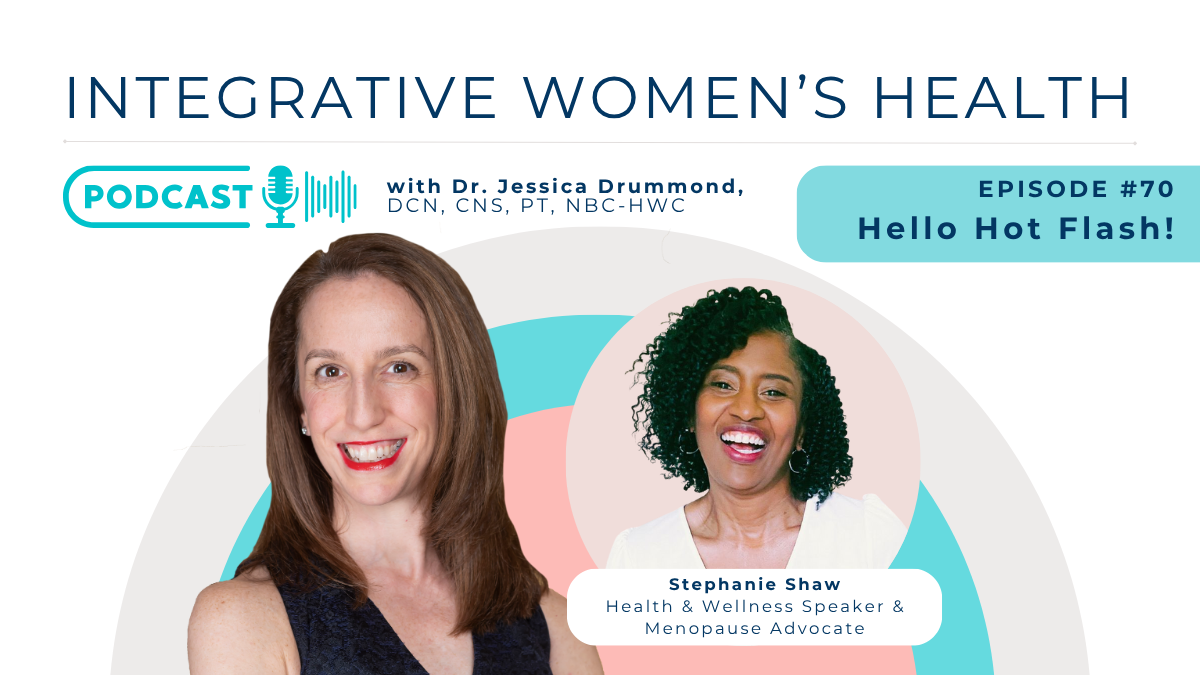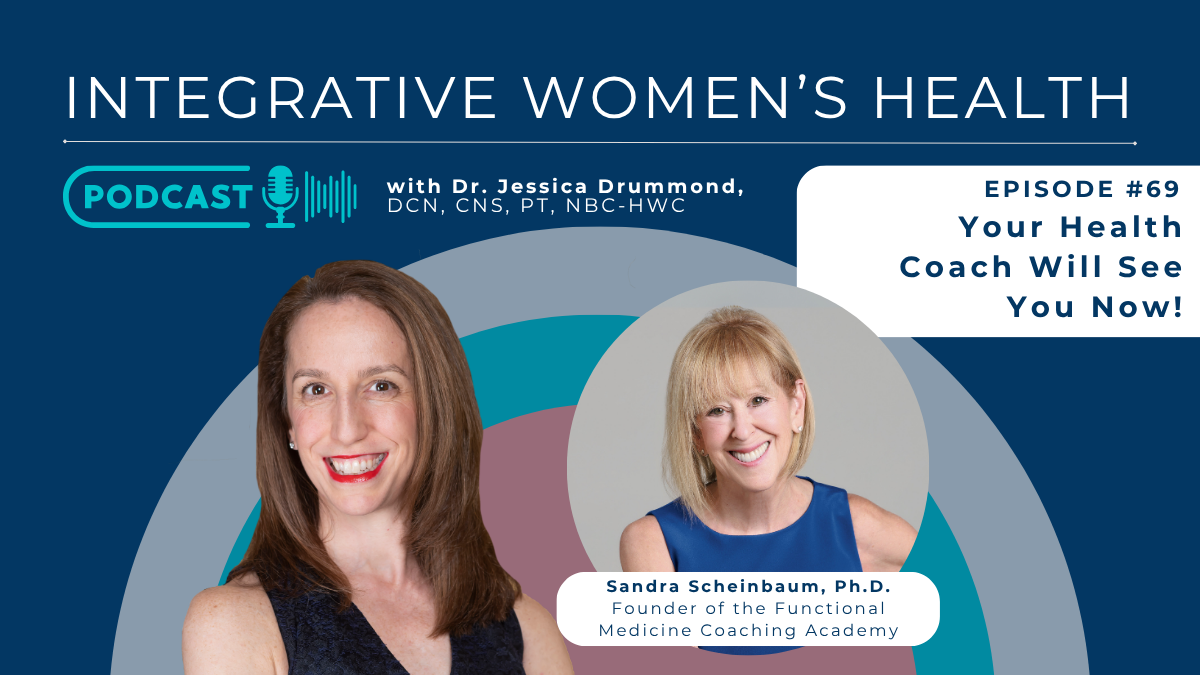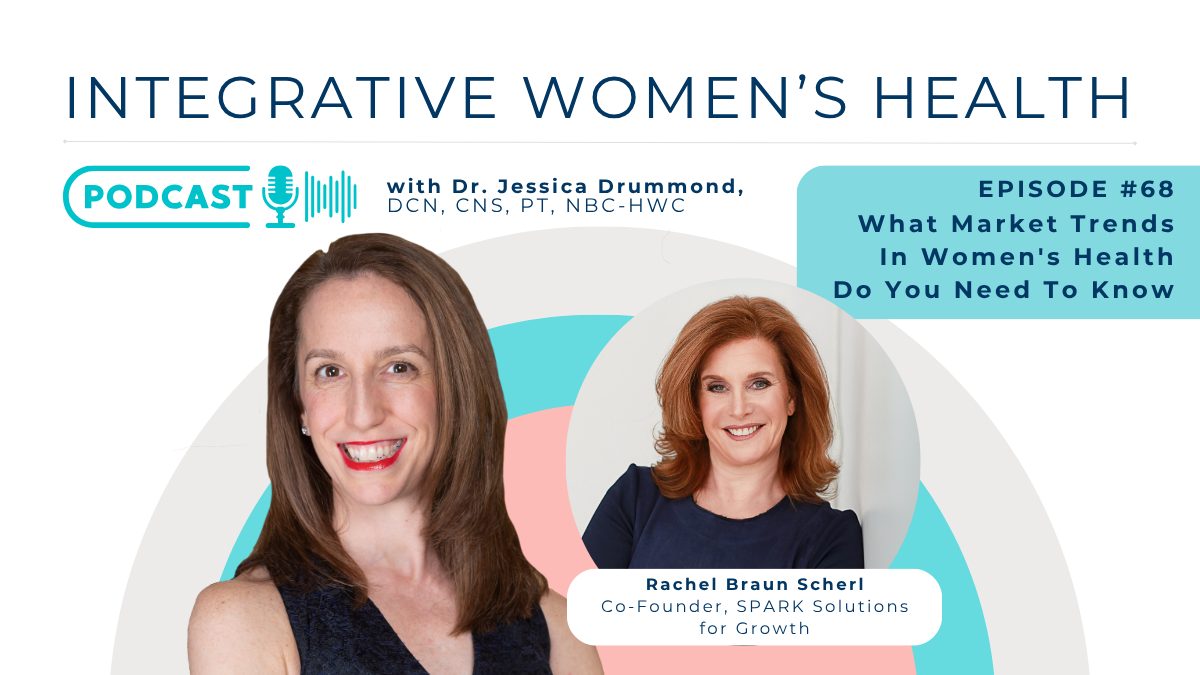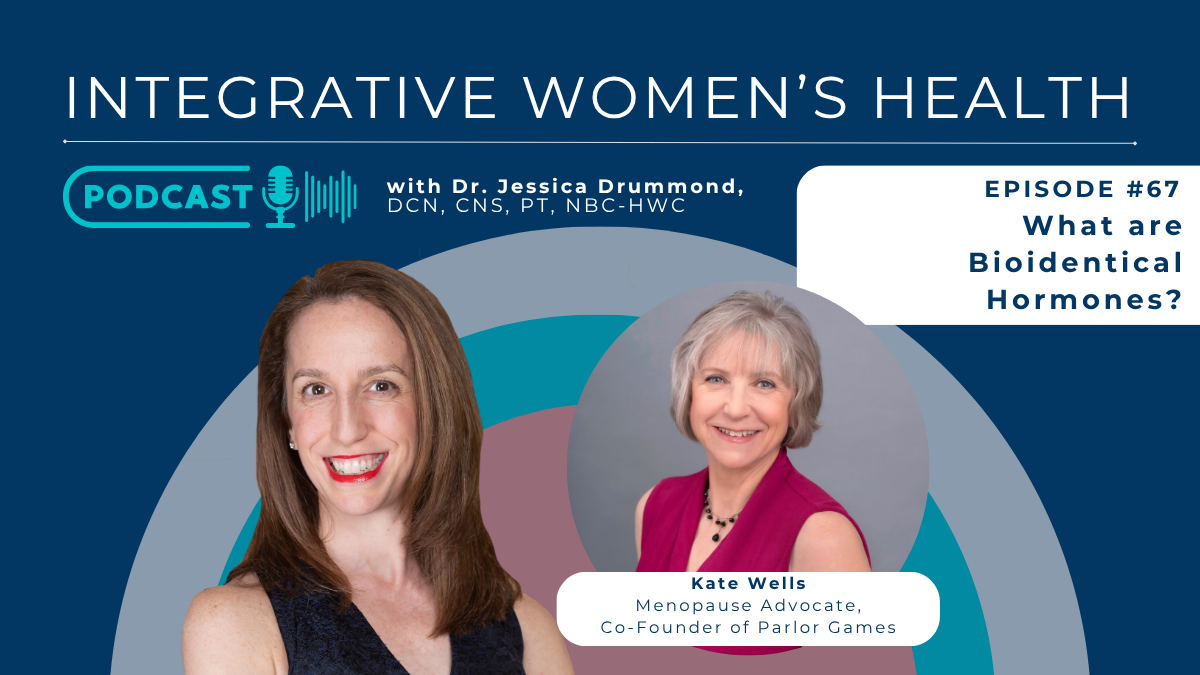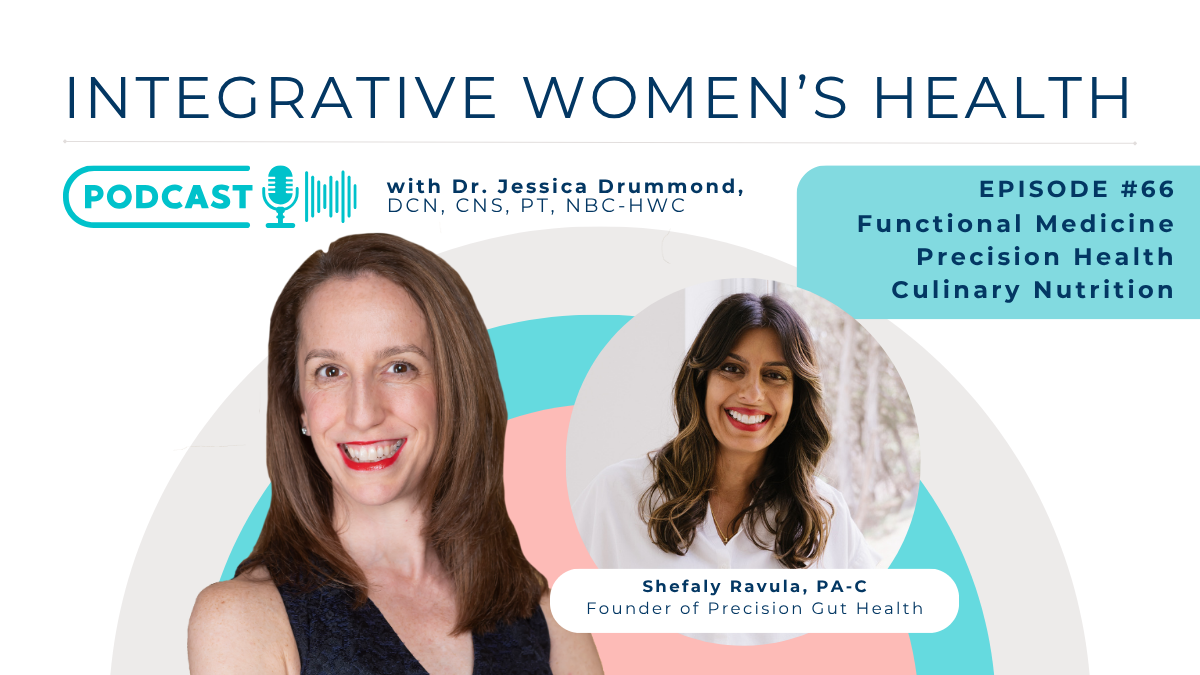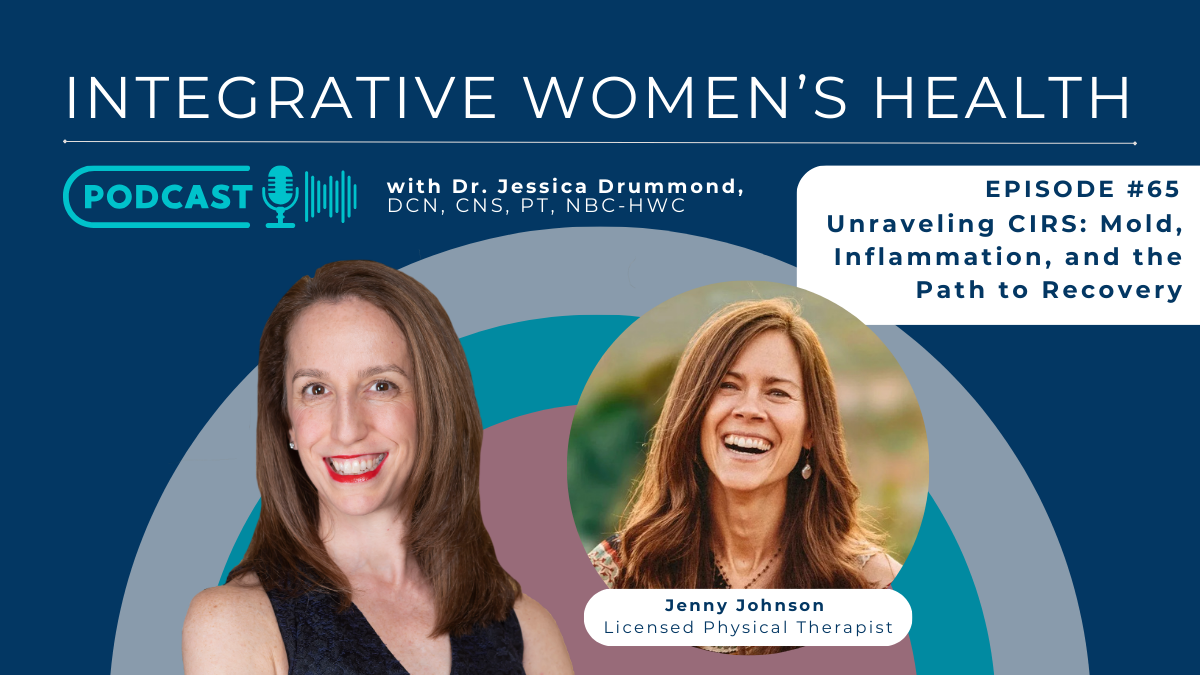Kicking the sugar and bread habit? This is the #1 question that I am asked daily by clients, family, friends, audiences, interviewers, and even random people that I meet at parties. It seems like everyone in America, and every other western country is addicted to sugar and bread.
Why is that? Because you are.
I was too.
Yikes! So, how can all of us kick this addiction?
There is a 3-part answer to this complex question. I’m going to spread this out into three posts so that I can dive into a bit of the detail of each piece of the puzzle.
Part 1:
Your brain is starving.
In my family, we like to say things like, “Back before cholesterol was invented…,” meaning sometime pre-1984, “we used to enjoy…” Does this sound familiar? In the ’80s my dad was diagnosed with high cholesterol and told that if he didn’t get his act together, he was going to have a heart attack. So, our whole family went on a low cholesterol diet. In our house, that basically meant that we ate couscous and veggies, and lots of pasta with homemade tomato sauce that my mom made out of garlic sautéed in water, a can of tomatoes, and a few other things. Of course, we also kept eating chocolate chip cookies, ice cream, and pizza because we were kids and that’s what kids eat, right?
The consequences of eating like that for many years have been dire, for our family, and our whole society. Not to mention, my dad had a heart attack anyway. (He’s fine now, don’t worry. But, doesn’t that suck?!)
In America (and many other western countries), we have taken the fat out of our food and replaced it with sugar, chemicals, and highly processed FrankenWheat. Unfortunately, the shift from fat to sugar and chemicals has made us a nation (and increasingly a world) full of overweight, anxious, depressed, diabetic, and pre-cancerous people.
When you replace nutritious fats like olive oil, avocado, coconut oil, and butter with margarine, and trans fat, and replace high volumes of vegetables and fruits with low-fat cookies, 100-calorie snack packs, and chips and ranch dressing dip you may look overweight, but you are literally starving your brain.
In order for you to feel good, your brain has to have adequate amounts of serotonin, endorphins, and other neurotransmitters that help you to sleep, stay calm, stay focused, tolerate pain, and other helpful things. According to my colleague, Julia Ross, of The Diet Cure, these brain chemicals are thousands of times stronger than street drugs like heroin. “… your body has to have them. If not, (your brain) sends out a command that is stronger than anyone’s willpower…” (p.4, The Diet Cure) Your brain will physically crave a druglike food, like refined sugar, processed flour, or alcohol to take the place of these natural neurotransmitters in their receptors. By using these foods to fill the void, however, eventually, you will wear down your brain’s ability to make these important neurotransmitters at all.
Additionally, your brain needs building blocks to make these neurotransmitters. It needs cholesterol and healthy fats to make the hormones that take part in making these brain chemicals. It needs vitamin and mineral building blocks like B-vitamins that are abundant in egg yolks and the multitude of vitamins and minerals that are available in vegetables and fruits. It also needs amino acids, which are abundant in animal protein sources like grass-fed beef, organic poultry, and pastured bacon. Without the building blocks, your brain will cry out for sugar, artificial sweeteners, bread, cake, cookies, and other processed carbs to provide the rush to calm your intense cravings.
To begin to reverse this trend, you need to provide your body with the building blocks that it needs. Adding foods that are very nutrient dense will allow your brain to rebuild the missing neurotransmitters that it needs. However, this will take time. To speed and simplify the process, I work with my clients to fit these nutritional changes into their lives, and to use appropriate vitamin, mineral, and amino acid supplements to fill their individual voids. Plus, I have lots of tricks, substitutes, treats, and snacks to get you through the transition. Knowing what to do when one of those sugar cravings hits hard is priceless! I have been there, and have held the hand of many clients through that intense time of transition.
xo,


